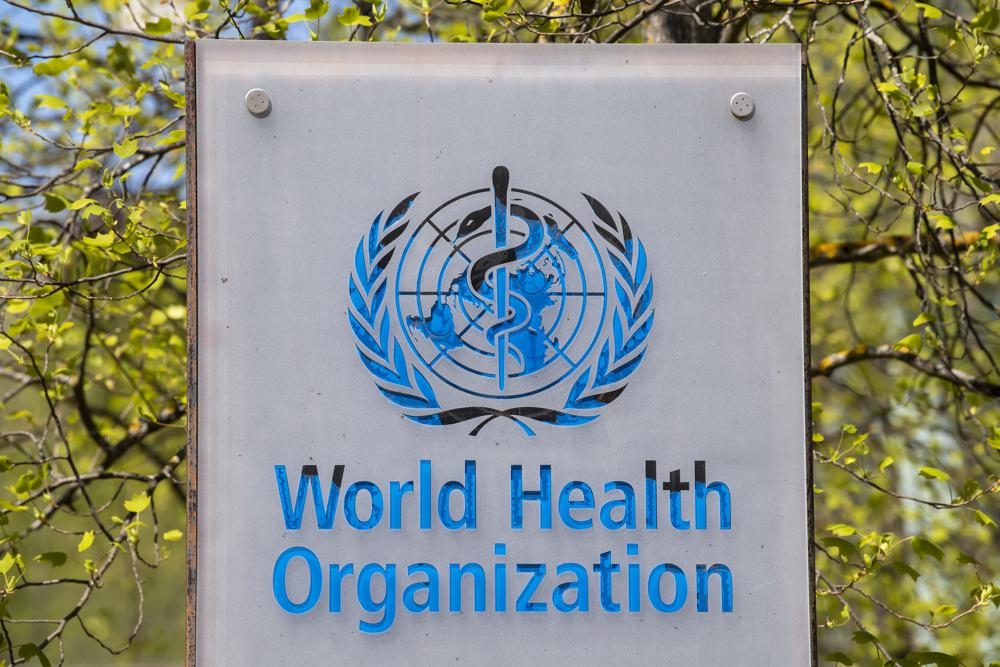

COVID-19 has exposed and exacerbated fundamental weaknesses in the global architecture for pandemic preparedness and response. The best way we can address them is with a legally binding agreement between nations, an accord forged from the recognition that we have no future but a common future, said World Health Organization (WHO) Director General Tedros Adhanom Ghebreyesus.
A special session of the World Health Assembly (WHA) kicked off here on Monday amid growing concerns over the latest Omicron coronavirus variant, where the participants aim to negotiate a new “pandemic treaty.”
LEGALLY BINDING PANDEMIC TREATY:
The WHA May session this year decided to set up a working group to consider the findings and recommendations of a number of panels and committees on global preparedness for and response to COVID-19 before starting their discussions on Monday on the potential new “legally binding agreement between nations.”
“COVID-19 has exposed and exacerbated fundamental weaknesses in the global architecture for pandemic preparedness and response,” said World Health Organization (WHO) Director-General Tedros Adhanom Ghebreyesus at the opening of the special session.